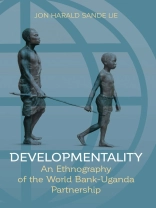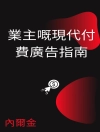Drawing on ethnographic fieldwork within the World Bank and a Ugandan ministry, this book critically examines how the new aid architecture recasts aid relations as a partnership. While intended to alter an asymmetrical relationship by fostering greater recipient participation and ownership, this book demonstrates how donors still seek to retain control through other indirect and informal means. The concept of developmentality shows how the World Bank’s ability to steer a client’s behavior is disguised by the underlying ideas of partnership, ownership, and participation, which come with other instruments through which the Bank manipulates the aid recipient into aligning with its own policies and practices.
Cuprins
Acknowledgements
Introduction: Introducing Developmentality
Chapter 1. Developmentality
Chapter 2. The World Bank and the New Aid Architecture – the Official Discourse
Chapter 3. Moving Beyond Official Discourse: Interfaces and Disjuncture within the Bank
Chapter 4. A Meeting of Partners: Developmentality as Seen from Uganda
Chapter 5. Developmentality and the Politics of Harmonisation
Chapter 6. A Metamorphosis of Power Relations? The New Aid Architecture, Partnership and the State
Conclusion: Revisiting Developmentality
Bibliography
Index
Despre autor
Jon Harald Sande Lie is a Senior Research Fellow at the Norwegian Institute of International Affairs (NUPI). He is co-editor of Forum for Development Studies, and has published in the journals Social Analysis, Millennium, and African Security. He is also the co-editor of Security and Development (Berghahn Books 2010).












